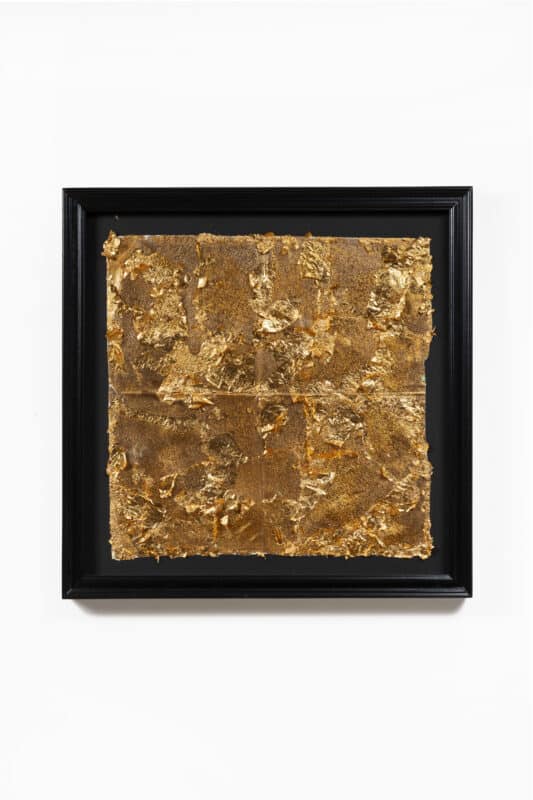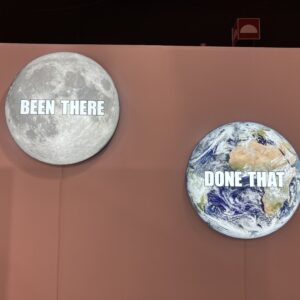In light of the Post Digital Symposium presented by DegreeArt.com, Imagination Lancaster lecturer of Lancaster University, Dr Paul Coulton shares his thoughts on “Post Digital.”

Why is the term ‘Post Digital’ being used so widely at present? Do you agree with the terminology? And what does it mean to you?
To be honest I haven¹t actually come across much use ‘Post Digital’ within design as a term the I am more familiar with is ‘Phygital’(Physical/Digital) used is relation to breaking the dominance of flat screen interactions to include a range of artefacts that exist simultaneously as both real and virtual and provide a range of interactions that are both real and virtual.
An example might be this project we are working on http://cubicgarden.com/2014/06/12/making-your-playlists-really-tangible/
In some regard I would consider ‘Post Digital’ as simply a neologism that projects a future beyond the current extensive addition of ‘Digital’ to imply the new. In many regards the vast majority of
technologies are currently digital so is ‘Post Digital’ trying to provide the same view as Phygital in it’s about how we experience that technology. I would say, as an example, that we should
be no longer considering the web as a space we visit, but more as a place we live in that is both real and virtual.

Does the term ‘Post Digital’ imply the ‘end’ of the digital era?
From a technological point of view, digital is not going to disappear any time soon as even current experiments at quantum and nano level still process the data a digital bits although the medium may appear more analogue.
What does it mean to be fully integrated with the digital?
Does it come in the form of wearables and cyborgs (technologies penetrating the physical body space) or is it a state of mind where we experience everything through digital mediators? I would say we are already cyborg in that we have augmented ourselves with digital objects, principally the mobile phone, that change the way we live. When people leave the house they probably always now check for the wallet, keys and phone.

What is a Digital Artist? How do we define them? How do they define themselves? Aren’t the majority of artists today technically Digital in some respect?
I would say a Digital artist is one who considers digital as a material from which they create their work. I would say most artists are still creating their work in traditional ways although how they distribute their work and live their lives is undoubtedly being affected by digital technology
What is the future for ‘Post Digital’ do the panel see it becoming more widely accessible or will it remain somewhat out of reach of the general public?
Personally I think the majority of the public would expect ‘Post Digital’ to mean the end of digital which I don’t believe is what many people who may be using the term would be implying therefore it may.
Dr Paul Coulton
Imagination Lancaster Lancaster Institute for the Contemporary Arts
Lancaster University
Explore the Post Digital Relay







